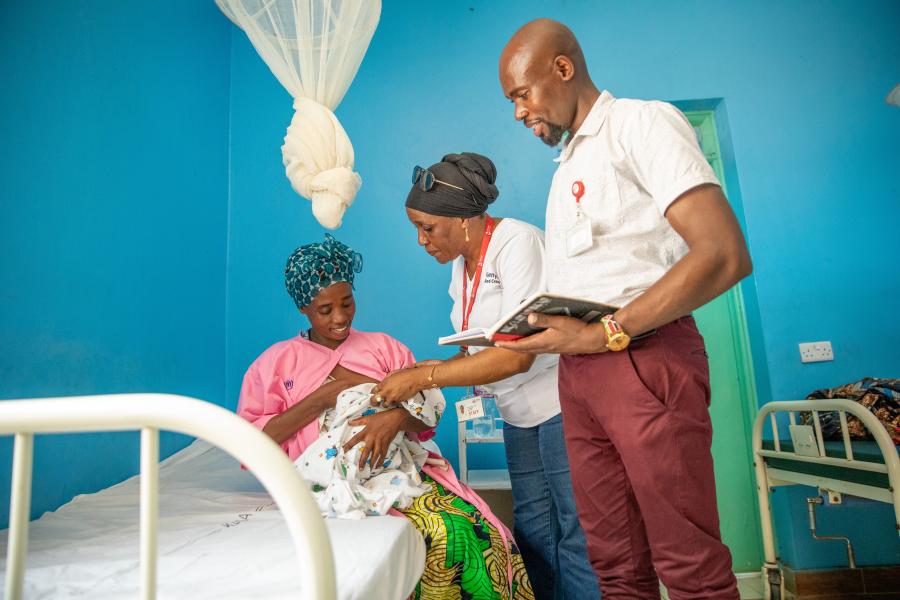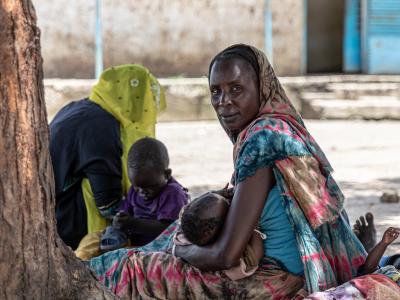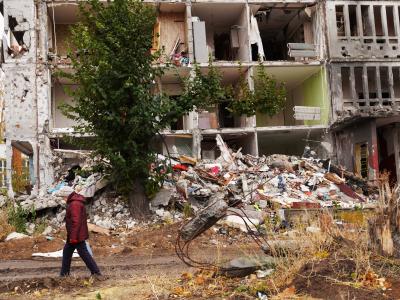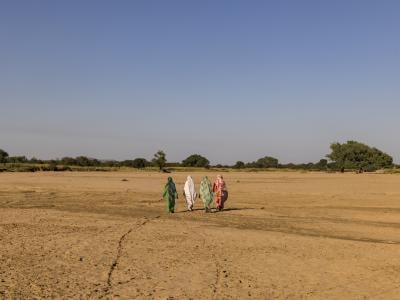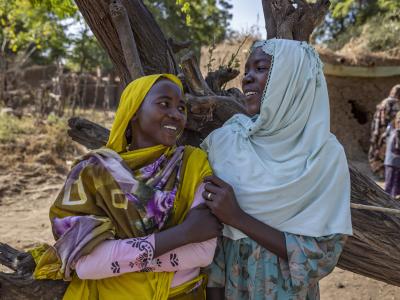Global financial needs amount to $531 million (-17% vs 2024 current budget)
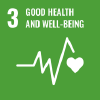
Health systems are under great strain and forcibly displaced and stateless people face significant health challenges. UNHCR works with governments and partners to provide essential public health services, strengthen national health systems and include refugees in national policies and plans. UNHCR provided over 9.5 million health consultations in the first half of 2024 and reached 117,000 children and 44,000 pregnant and breastfeeding women with acute malnutrition treatment. In 2025, we plan to invest in forcibly displaced and stateless people’s health care in 95 countries, working closely with other UN agencies and national health systems.
Core Outcome Indicators
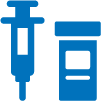
Proportion of children aged 9 months to 5 years
who have received measles vaccination

Proportion of births attended by
skilled health personnel
Core Output Indicators

Number of individual consultations in UNHCR-supported health care services*
2024 Mid-year progress: 9.53 million
*59 country operations reporting

Number of consultations in UNHCR-supported mental health and psychosocial support services*
2024 Mid-year progress: 411,000
*79 country operations reporting
Financial overview
